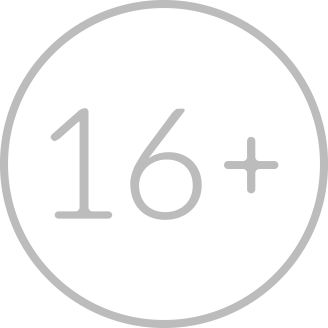ADAPTATION OF JUVENILE CONVICTS SERVING PRISON SENTENCES: SELECTED FACTORS AND OPTIMIZATION OF LEGAL REGULATION
Teplyashin P.V.
Siberian Law Institute of the MIA of Russia (Krasnoyarsk, Russia), Professor of the Criminal Law and Criminology Department, Doctor of Law, associate Professor.
Annotation:
The subject of the study is external and internal factors that affect the effectiveness of adaptation of juvenile convicts serving a criminal sentence in the form of imprisonment. The methodology mainly covers the formal-logical analysis of the rule of law, the hermeneutical study of domestic theoretical works, and the comparative content analysis of empirical studies conducted in some foreign correctional institutions. The problems of correlation of the nature and effectiveness of visits of relatives to juvenile convicts, actually acting as a private means of the general mechanism of adaptation, with various social, economic and situational factors are considered. As a result, the expediency of mobilizing additional legal means for the successful adaptation of juvenile convicts, which allows them to successfully undergo re-socialization after their release from prison, is justified.
The scope of application of the results suggests the optimization of the criminal and executive regulation of the adaptation of juvenile convicts who find themselves in prison, in the context of a social event and various patterns of their liminal space. It is concluded that it is necessary to level out the retributive qualities of punishment and to develop a codified format for the subjective rights and legitimate interests of juvenile convicts that contribute to their adaptation when serving a criminal sentence in the form of deprivation of liberty.
Keywords:
adaptive abilities of minors; educational colony; criminal subculture; educational program; penal enforcement legislation; juvenile institution.

